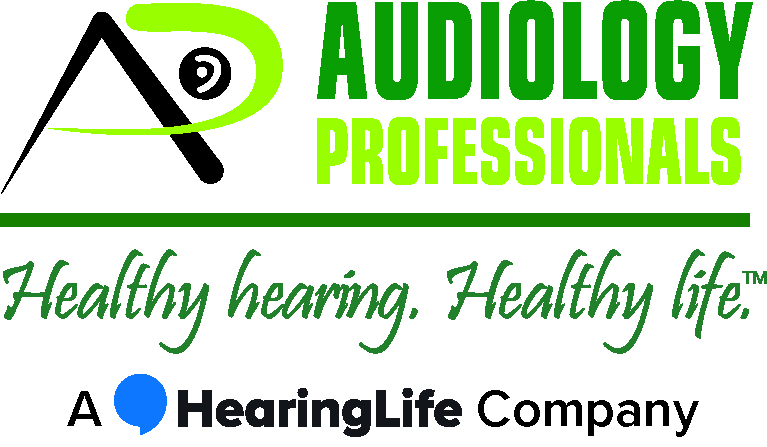How is tinnitus treated?
A number of different treatment options are available to individuals of all ages who suffer from tinnitus. If your tinnitus does not go away on its own, or if it seems to be getting worse, your audiologist can help you manage the symptoms and reduce their impact on your daily life. Here are a few examples of treatment options available to those who struggle with tinnitus:
Acoustic neural stimulation is an excellent treatment approach for individuals with very loud tinnitus. A broadband acoustic signal, masked by music, is delivered through headphones and aims to change the neural circuits in the brain. This device effectively reduces (and in some cases eliminates) tinnitus through the process of desensitization.
Sound generators come in the form of both tabletop/handheld sound generators and wearable sound generators that fit into the ear. They are designed to mask the tinnitus with soft, pleasant sounds such as music, the sound of falling water, or white noise. Sound generators work best for individuals with mild tinnitus.
Hearing aids and cochlear implants are ideal for individuals who suffer from hearing loss compounded by tinnitus. They help to reduce the effects of tinnitus because they allow the user to control the volumes of the outside world. For those with hearing loss, channeling outside sounds can be helpful in terms of masking tinnitus.
